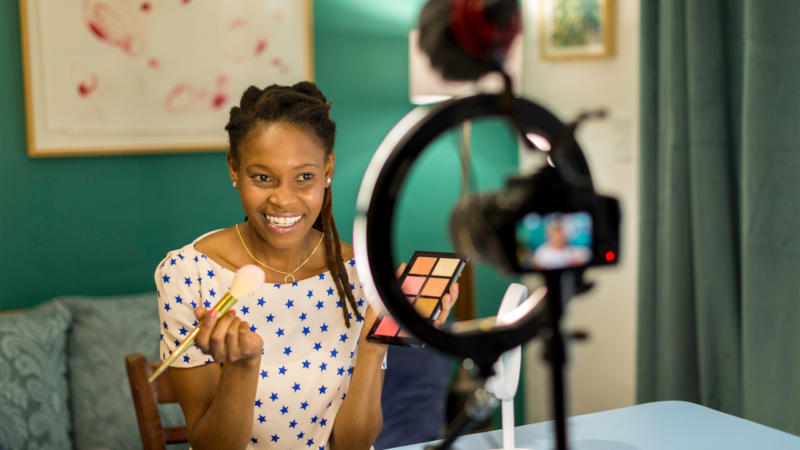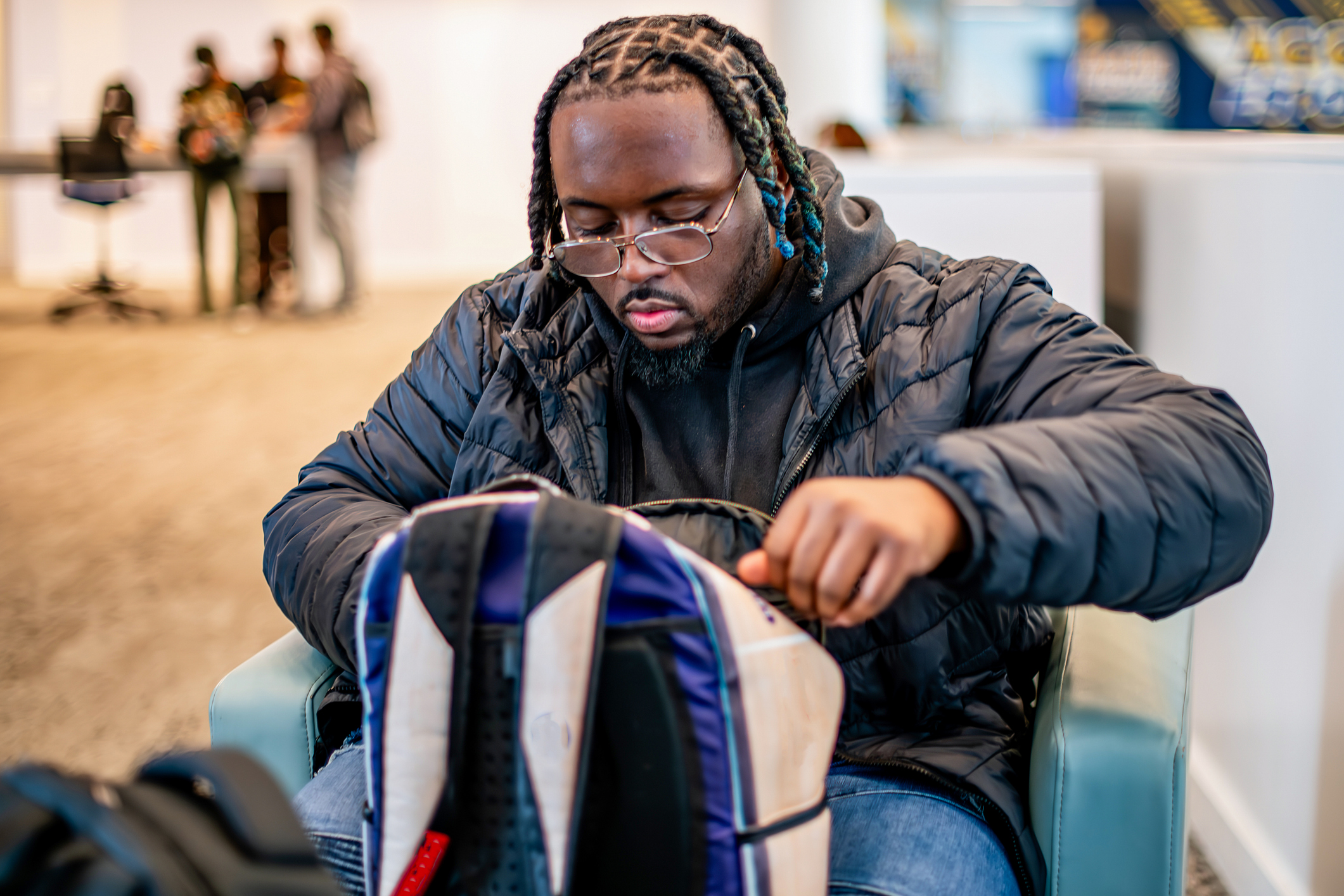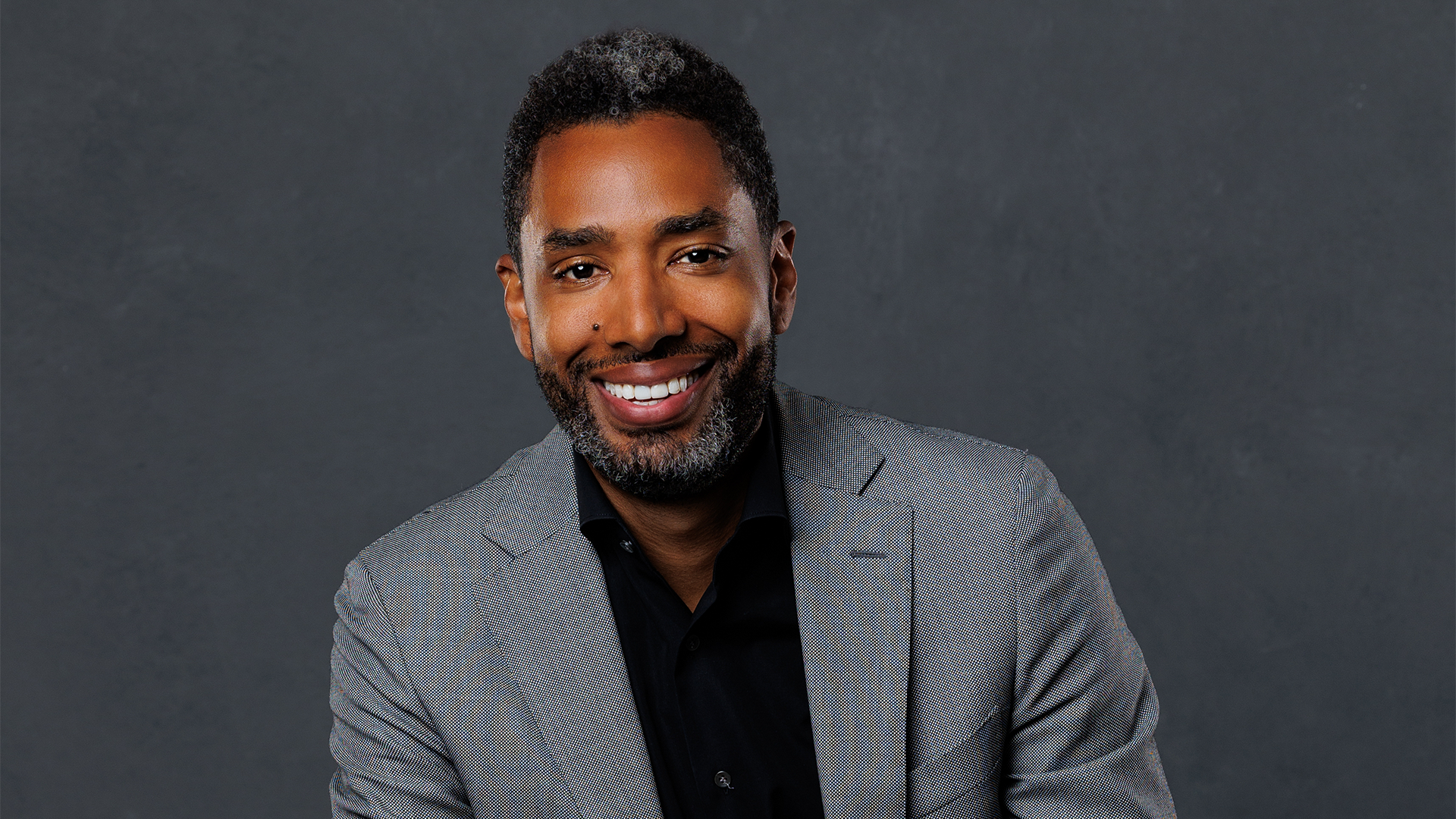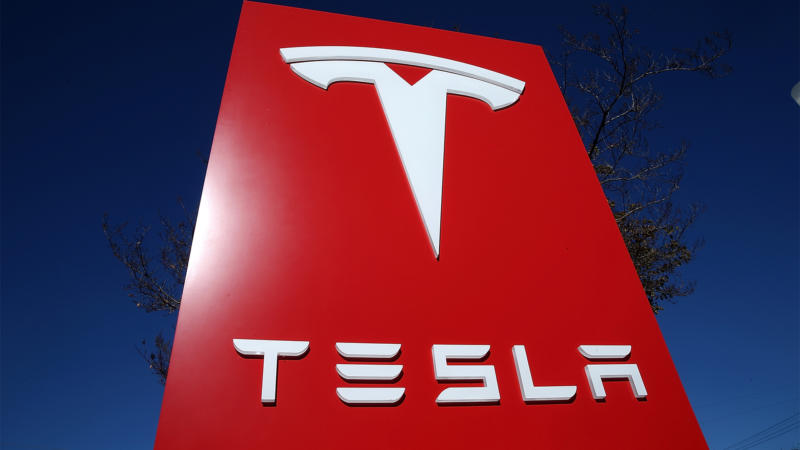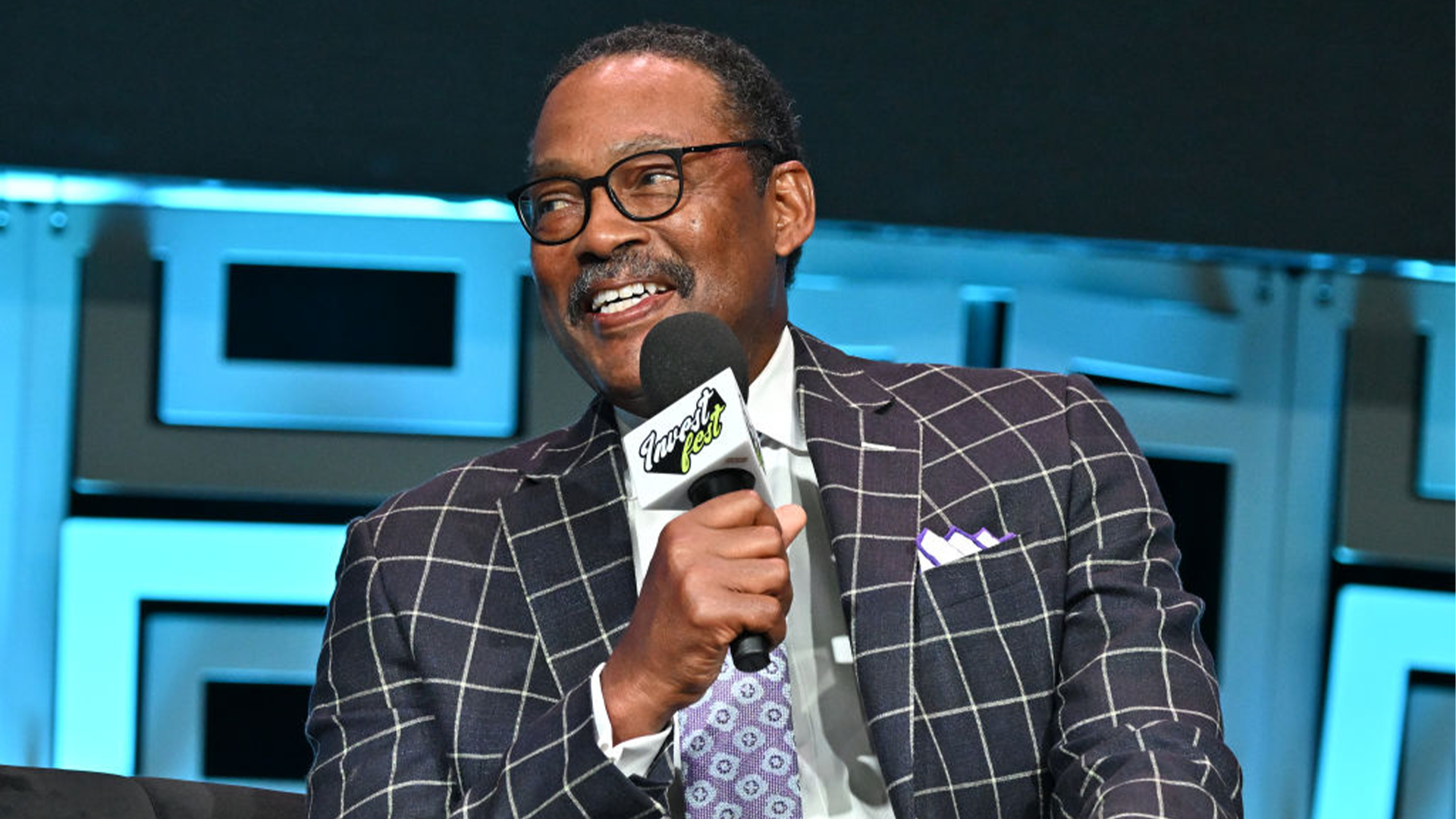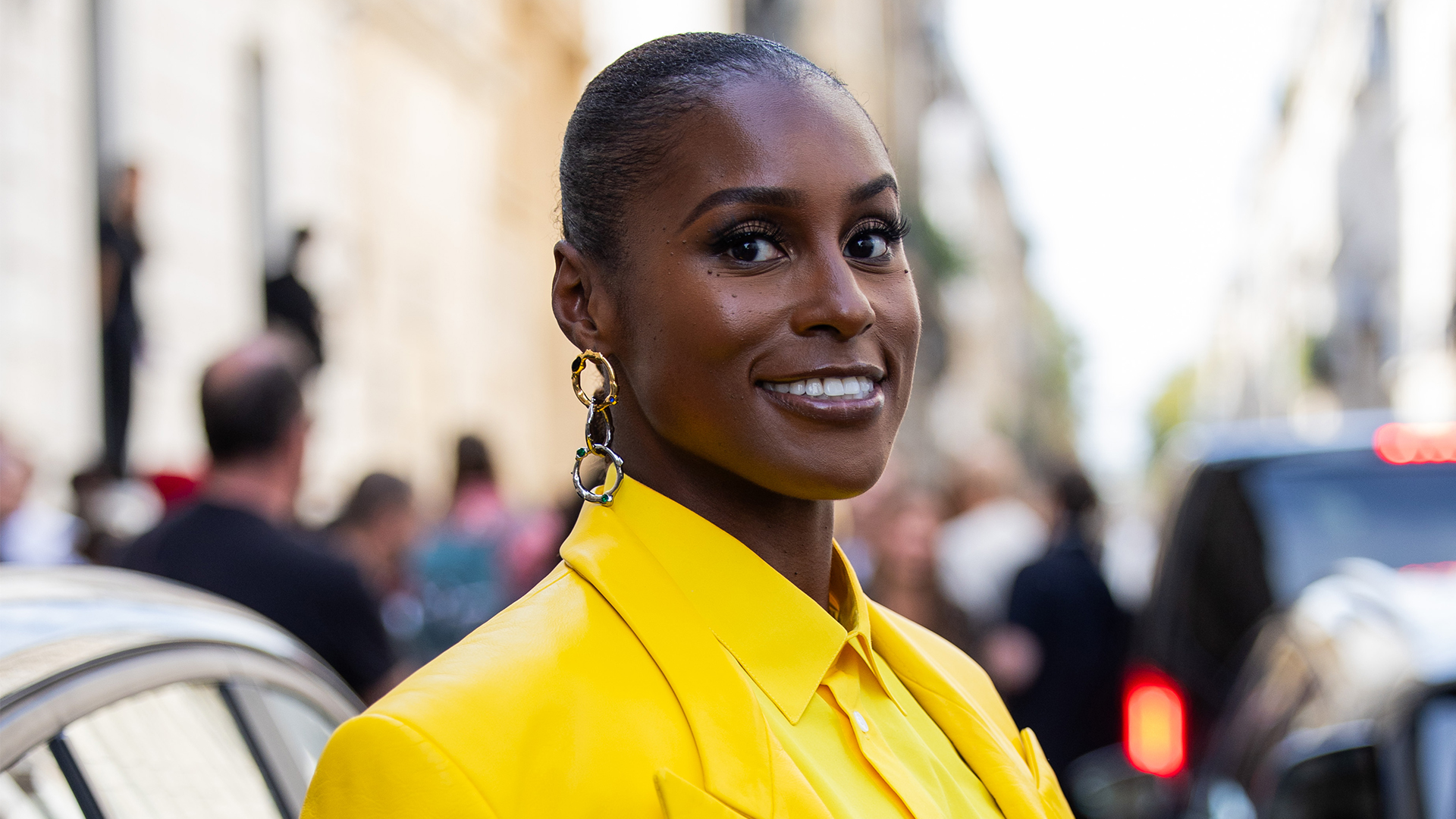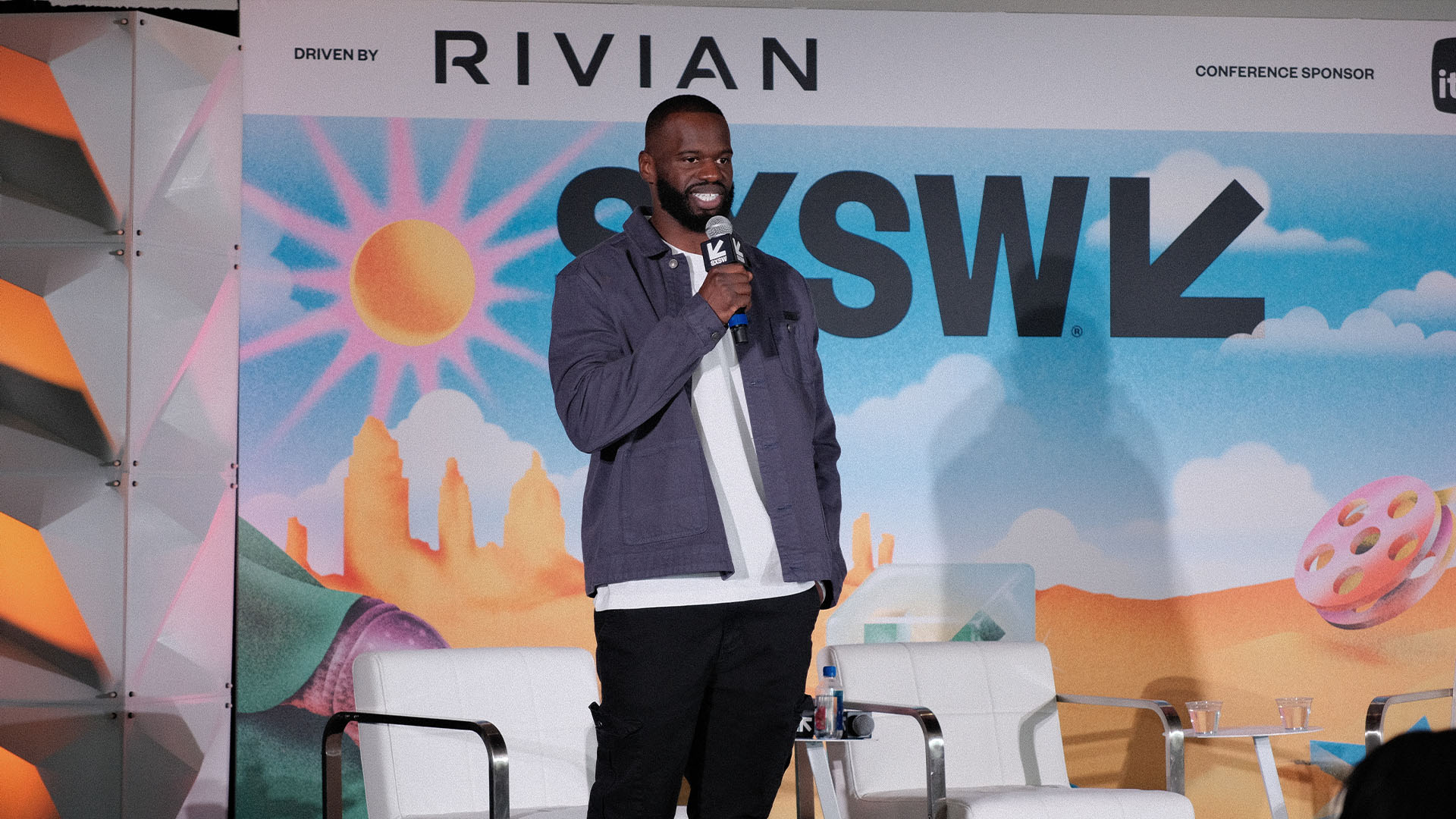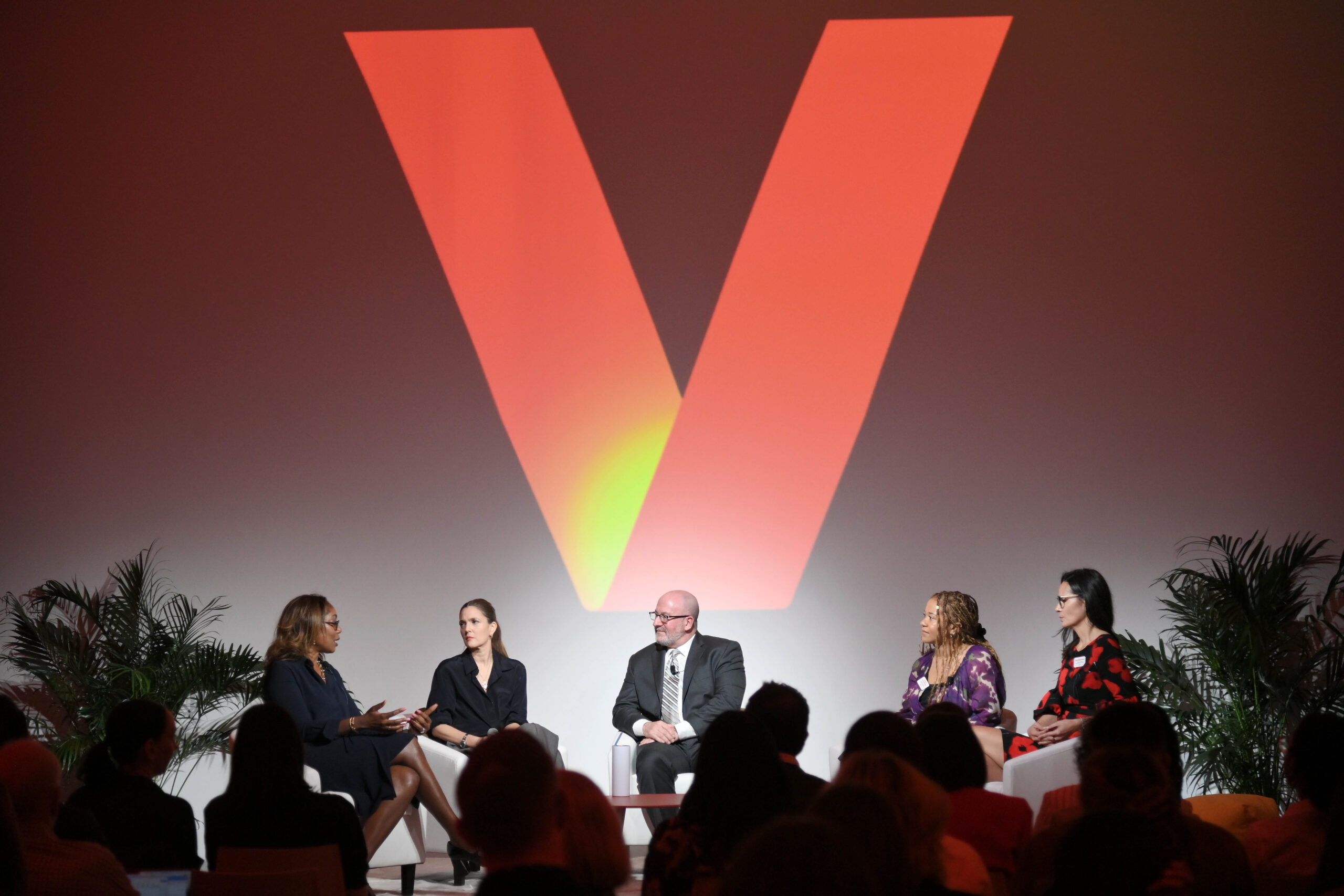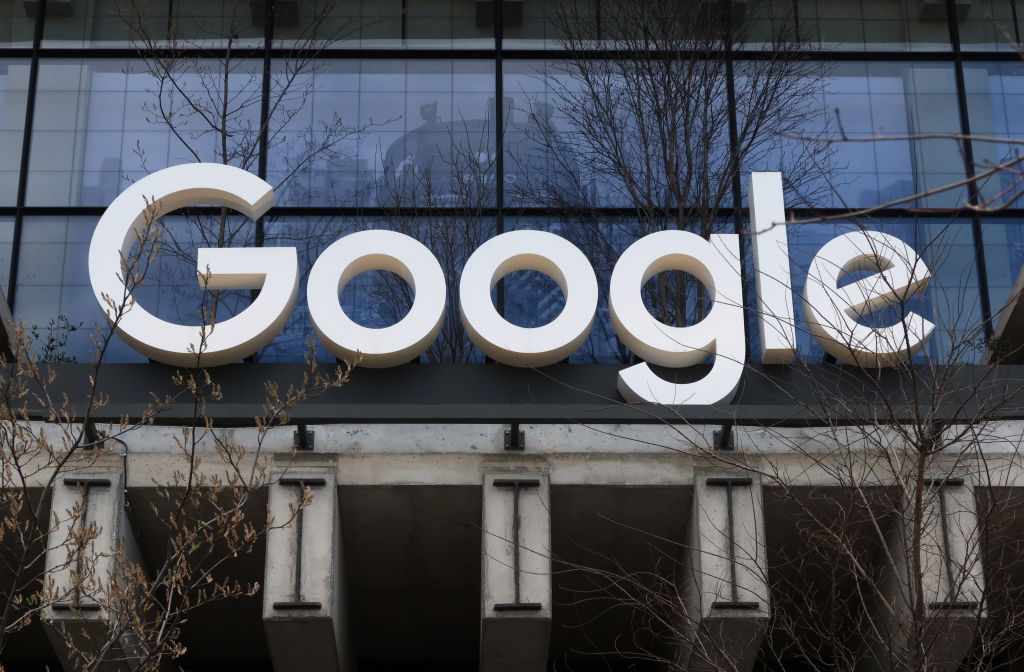Over the years, TikTok has received a lot of flack from Black creators for not receiving the same opportunities as their white counterparts.
In light of the situation, the social media giant’s competitors swooped in to offer them more — one of them being Triller. But according to The Washington Post, there are allegations that the app has not followed through on its promises.
Triller made its name recruiting talent with lavish perks and content houses in the Hollywood Hills.
Now, dozens of influencers are struggling to get paid. ‘We were made to look like fools,’ one creator said.https://t.co/we5A6zuCOp
— Taylor Lorenz (@TaylorLorenz) August 3, 2022
Claims Against Triller
In November 2021, Triller said it was awarding one-year contracts worth a total of $14 million to Black creators, as previously reported by AfroTech.
Within Triller’s financial pledge, it was said that the 300 Black creators would each “earn $2000 in fees and $2000 in Triller company equity per month to create original short form content on the Triller app as well as Triller’s other social channels,” the press release detailed.
Eight months into the one-year funding program, sources have revealed to The Washington Post that Triller went from disclosing contracts to not allegedly paying up.
In addition to these claims, fighters a part of the Triller Fight Club allegedly said they weren’t paid.
Additionally, in February 2021, Universal Music Group took their music from Triller as a result of how the company “shamefully withheld payments owed.” It’s been reported that Triller went on to deny the claim and the two companies later reached an expanded licensing agreement.
With all of the claims against Triller, it poses the question of if their “commitment of capital to Black creators” was all ultimately for their own personal gain.
Black Content Creators Speak Out
22-year-old David Warren is one of the Black content creators who initially believed Triller would be his golden ticket to stardom. The alleged failure to follow through on their word led him to dip in his savings and find a new job. In Warren’s eyes, the group of Black creators was taken advantage of.
“Us as Black creators work twice as hard or three times as hard just to be seen,” he told the outlet. “All these platforms preach about diversity, but just like old Hollywood, there’s a lot of people being used as token characters while the owners of the platforms profit.”
William Horne, a 20-year-old content creator from Detroit, MI, also spoke to The Washington Post.
“It’s been very stressful,” he said. “I decided to go get an apartment because I thought I’d be covered by Triller for the next year.”
He added: “They were super pushy about us and our deliverables, but when it came time for payment, they passed the deadline and breached their own contract. The hypocrisy.”
Triller Denies Any Wrongdoing
As Triller is currently in the hot seat, its chief executive Mahi de Silva claims that the company “has met its financial commitments to the creators in this program and will continue to do so.”
“We specifically take pride in our role in creating a platform that celebrates Black creator content,” he also said in a statement. “No other medium has done as much as Triller has for this often overlooked and underrepresented part of the creator economy.”
